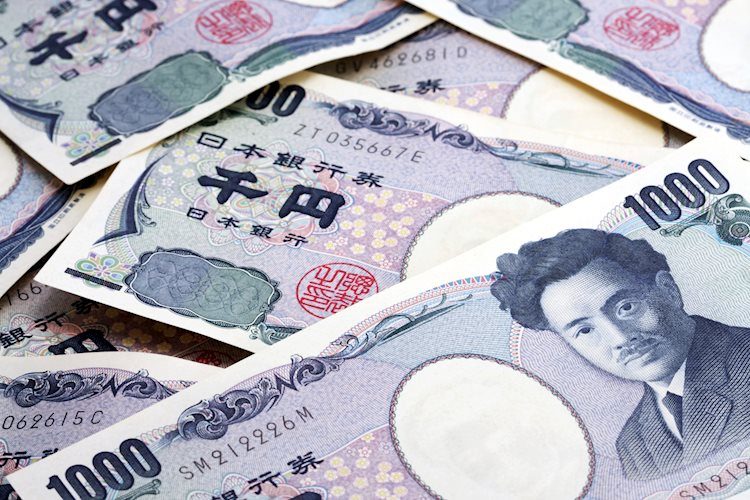The USD/JPY pair started the new week on a positive note after stalling Friday’s pullback from a multi-week top. The upbeat market mood, combined with Japan’s politics and mixed data from Japan, have undermined the safe-haven status of the JPY. Additionally, divergent BoJ-Fed policy expectations are keeping a lid on any further appreciating move for the pair.
At the start of the new week, the USD/JPY pair attracted dip-buyers and reversed part of Friday’s retracement slide from the 146.50 area. While spot prices retreated slightly, they are currently trading around the mid-142.00s, up less than 0.25% for the day. The market mood was further boosted by China announcing more stimulus over the weekend, including lower mortgage rates for existing home loans. Japan’s incoming PM also emphasized the need for accommodative monetary policy, supporting a fragile economic recovery. Mixed Japanese economic data, along with the announcement of a general election, have also contributed to the support of the USD/JPY pair.
Despite Japan’s Retail Sales rising 2.8% in August, the dismal Industrial Production data, which contracted more than anticipated by 3.3%, did not impress JPY bulls. There is growing market conviction that the BoJ will hike interest rates again by the end of the year, which is helping to limit meaningful JPY losses. Additionally, subdued USD price action is capping the USD/JPY pair. The USD Index is near its lowest level since July 2023, amid bets for more aggressive policy easing by the Fed. Traders are awaiting the official Chinese PMI prints and Fed Chair Jerome Powell’s speech later during the US session for further direction.
The Japanese Yen (JPY) is one of the most traded currencies globally, with its value determined by various factors such as the performance of the Japanese economy, the Bank of Japan’s policy, differential between Japanese and US bond yields, and risk sentiment among traders. The BoJ plays a crucial role in currency control, intervening in currency markets at times to lower the value of the Yen. The BoJ’s ultra-loose monetary policy, based on massive stimulus, has caused the Yen to depreciate against its main currency peers, exacerbated by policy divergence between the BoJ and other central banks.
The BoJ’s commitment to ultra-loose monetary policy has widened the policy divergence with other central banks, particularly the US Federal Reserve, supporting a widening of the differential between US and Japanese bond yields, favoring the US Dollar against the Japanese Yen. The Japanese Yen is often seen as a safe-haven investment, with investors turning to the currency in times of market stress due to its reliability and stability. Turbulent times typically strengthen the Yen’s value against riskier currencies.





















